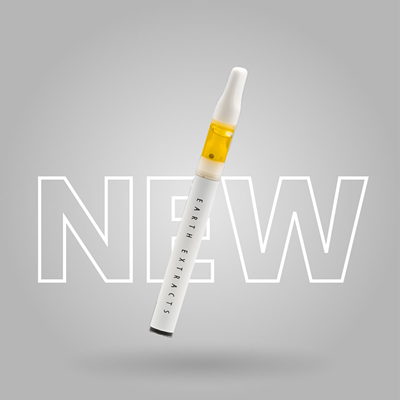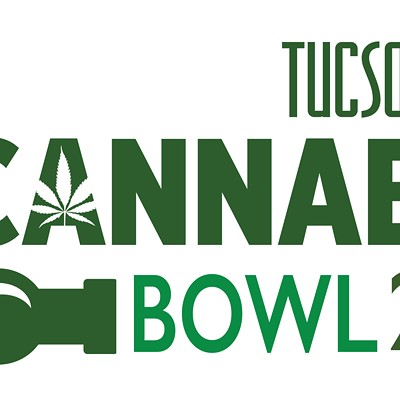The Arizona Department of Health Services announced 31 new dispensary licenses last week, bringing the total number of Arizona dispensaries to 130 a month before Prop 205 appears on the November ballot.
Nearly 750 potential pot purveyors applied for the limited number of licenses back in August in what many consider a lottery. While the AZDHS reviews applications to direct openings in areas closest to high concentrations of medical patients, nine of the 31 applicants were drawn in a literal lottery with each of the nine being tied with two to five other would-be dispensaries.
Each applicant also had to pay a $5,000 application fee, of which $1,000 was refundable. But with Prop 205 on the horizon, those licenses could be worth millions. Still, the AZDHS roped in just over $3 million even after the refund.
Dispensaries are distributed throughout the state in 126 "Community Health Analysis Areas" created by the AZDHS in 2005. Since the legalization of medical marijuana in Arizona, the CHAAs have been used to allocate dispensaries.
An average CHAA contains about 21,500 people, but can range anywhere from 5,000 to 190,000 people. Across the state, each CHAA has anywhere from zero to two dispensaries, though precise locations are not disclosed by the state in adherence with the Arizona Medical Marijuana Act.
Tucson has six CHAAs around the city with five more containing parts of the city. The six main CHAAs are broken up into a central area, north central, east, east central, southeast and southwest and each contains a single dispensary.
The outlying CHAAs are Tucson Northeast and West, Tanque Verde, Continental and San Xavier District. Tucson West and San Xavier District are the only ones without a dispensary.
Tucson's nine dispensaries correspond with each of the remaining CHAAs.
Of the 31 new dispensary licenses, one is in Tucson Northeast and one is in Tucson East Central. The Tanque Verde CHAA also acquired a second dispensary bringing the total number of Tucson dispensaries up to 12.
The last lottery was held in 2012, a couple years after Prop 203 passed by an infinitesimal .13 percent approving medical marijuana in 2010. The 2012 lottery was the first held for dispensary licenses and awarded 99 licenses from a pool of 484 applicants.
The increase in applicants this year is likely in anticipation of Prop 205 passing, which would open up the market not only to greater demand, but also for about roughly 20 more dispensaries.
Prop 205 would give operating dispensaries, and those currently in possession of licenses, priority over the market, making the last license lottery a battle for big bucks, though the limit on the number of dispensaries allowed will expand after 2021 under the proposed law.
The AZDHS determined which licenses to award based on the locations of the proposed dispensaries to correspond with the greatest demand of medical marijuana patients.
This has resulted in something of a legalized turf war as industry insiders have scrambled to research and model which locations have the greatest chance of obtaining a dispensary license.
While the state no doubt has its reasoning behind distributing dispensaries in such a controlled system, if recreational marijuana becomes a reality, and with a limited supply, we'll just have to wait and see if the law hits the black market the way many supporters hope it will.









